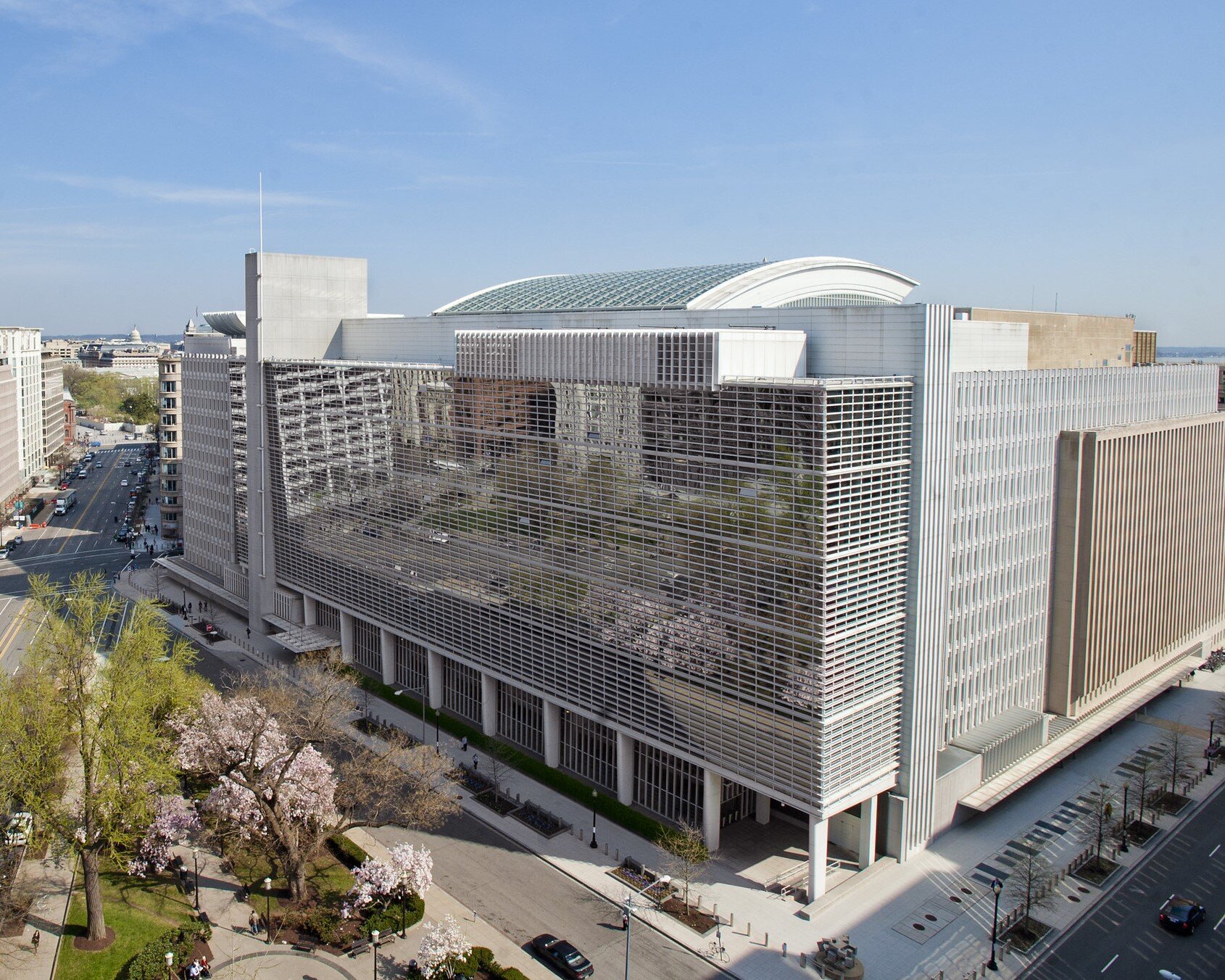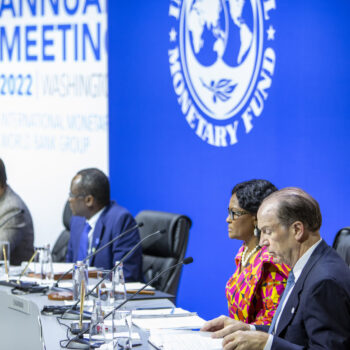The World Bank is evolving to meet climate change and other global crises head on. A Roadmap to guide this institutional reform was a good start; now, shareholders must get creative to finance and operationalize the plan. Large, developing countries’ interest in additional borrowing for global challenges will ultimately determine whether the Roadmap succeeds or fails.
The World Bank made considerable progress in 2023. Four small words added to its vision statement were emblematic of its new direction: “on a liveable planet”. This unleashed a flood of ideas aimed at sustaining our global commons. Now the work must continue to reform the Bank at a more granular level.
This second volume of E3G’s recommendations for the Bank’s Evolution Roadmap sets out a new set of priority action areas where a climate-challenged world needs the Bank to progress in 2024. It follows last year’s well-received briefing, which made the case for a new vision of additional investment in global public goods.
Meeting the target of limiting global warming to 1.5 °C hinges on the transition of large developing economies. The Bank must therefore find ways to stoke demand from those borrowers, and work with them to support their transition. But incentives must also be applied fairly, and sources of finance need to grow substantially.
Recommendations for the World Bank’s Evolution Roadmap in 2024
The priority action areas for the World Bank to fulfil the promise of the Evolution Roadmap are:
- Scaled up analytics to apply a menu of incentives for investment in global public goods, within a fair and transparent allocation framework.
- Pioneering a dozen country platforms that pull together the entire capital stack, and shifting focus from inputs to outcomes (such as greenhouse gas reductions).
- Doubling the size of MIGA and sharpening IFC’s focus to attract 4 times the level of private finance as is currently the case.
- Financial innovation to give global public good lending a one-time boost, proving the Roadmap concept before making the case for a General Capital Increase.


